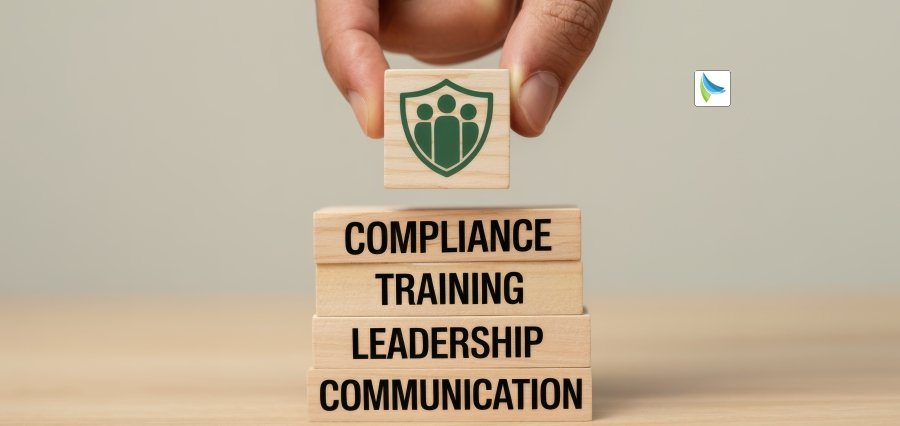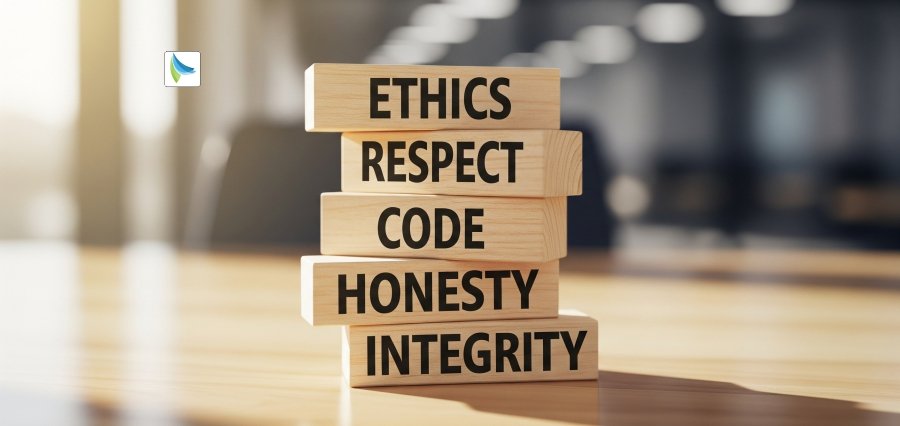Scaling Smarter
Growth in a contemporary business environment is not only about expanding businesses or making more sales. Top-level executive coaches, who shepherd high-level executives and entrepreneurs, are also reimagining what smart scaling entails. Their strategies focus on deliberateness, sustainable operations, and relating growth to the long-term vision rather than immediate returns. Attracted by the forms common to leaders across industry and style, these coaches enable businesses to expand not merely larger, but more perfected.
Rethinking Growth: From Linear to Strategic
One of the foundational principles that effective executive coaches have insisted on is the distinction between linear growth and strategic scaling. Most company owners see growth as working to scale up the number of clients, products, and income amount. Successful coach direct leaders to undertake strategic growth, which entails enhancing impact alongside optimizing systems. This includes raising the right questions regarding what type of growth is beneficial to the business and its mission, rather than growing.
An example is a coach assisting a business leader to analyze its core competencies to determine what generates the most value. Instead of diluting resources across several projects, they recommend doubling down on projects that yield the greatest payoff in terms of customer satisfaction, internal efficiency, or market differentiation.
Clarifying Vision and Values
One of the more influential growth strategies executive coaches employ is working with leaders to clarify their vision and values. This may sound philosophical, but it has some practical consequences. Companies without a great sense of direction are at great risk of failing to find a way when they grow. The coaches can organize different practices that will make leaders reflect on their vision in the long run, what type of influence they want to leave on the world, and what values they would like the culture of their companies to reflect.
This clarity acts as a guiding compass when considering the opportunities. A clear set of values and a shared vision enable companies to say no to distractions and focus on engaging in high-impact initiatives.
Operational Alignment and Process Optimization
Smart scaling involves not only vision but also operational excellence. Executive coaches often enable leaders to get a reality check of their systems and processes. The coaches urge business managers to develop scalable processes as soon as possible- processes that can handle more demand without necessitating a linear rise in the proportions. This may include optimizing the processes, instituting more efficient ways of communicating, or creating better documentation internally. The objective is to develop a business that is quick and strong, as opposed to a company that cannot stand the pressure it exerts on itself.
Emphasizing Emotional Intelligence and Communication
Another aspect of smart scaling is the development of emotional intelligence. The relationship between organizations grows in complexity with their growth. Miscommunication, misunderstanding, and cultural misalignment may impede progress. Effective executive coaches place a strong emphasis on the development of emotional intelligence in their executives and enable them to create confidence, mediate disagreements, and motivate staff.
Good Communication is not only about being clear, but also consistent and tone. Instructors who express themselves honestly and remain attentive in their communication environment make people feel important and encouraged. This anthropocentric philosophy is a major competitive edge in an era where strategy is often beaten out by culture.
Navigating Change and Uncertainty
There is no growth process without difficulties. The high-impact coaches focus on building resilience and adaptability in organizations, helping leaders to face uncertainty with confidence and agility. This incorporates scenario based planning, testing the ideas via stress tests and expectations of change as to the market or internal structure itself. Coaches keep reminding leaders that growth is not linear. There will be failures, re-directions, and times of confusion. Having the capacity to evolve without losing the grip of an evident purpose is what makes successful businesses be successful. Instead of being afraid of change, leaders should learn to accept it as a part of expansion.
Building a Legacy, Not Just a Business
Ultimately, high-impact executive coaches encourage their leaders to think beyond present profits. They inspire them to build a legacy, what their business is bringing to humanity, what changes it brings to the employees, and how it is contributing to the life one builds. This tradition-informed outlook cultivates a deeper form of growth, where ambition is consciously paired with integrity.
With an emphasis on intentionality, leadership, emotional intelligence, and operational clarity, these coaches are setting out a guide to scaling in a more intelligent way. The outcome is a business that is not only larger but also stronger, more resilient, and more impactful.














